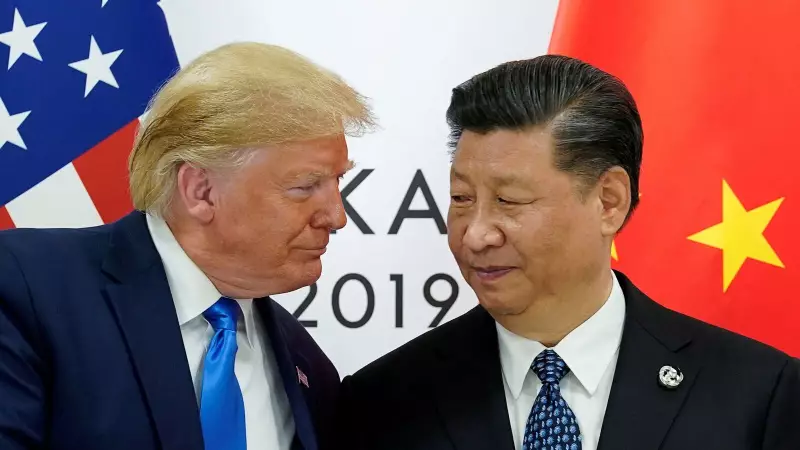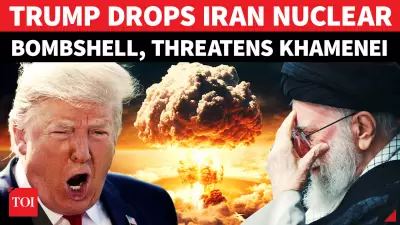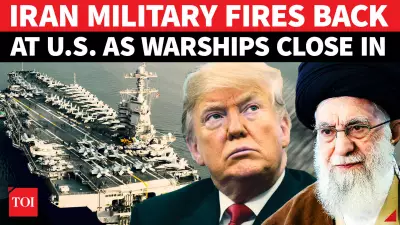
The geopolitical landscape is bracing for potential seismic shifts as Donald Trump positions himself for a possible return to the White House, while China's Xi Jinping continues to demonstrate what analysts describe as his "boldest and brashest" foreign policy approach to date.
The New Assertive China
Under President Xi Jinping's leadership, China has undergone a remarkable transformation in its global stance. Gone are the days of cautious diplomacy and "hide your strength" strategies. Instead, Beijing has embraced a more confident, sometimes confrontational approach to international relations.
This shift manifests in multiple arenas:
- Aggressive territorial claims in the South China Sea
- Expanded global infrastructure investments through the Belt and Road Initiative
- Strengthened military capabilities and presence
- Firm positions on Taiwan and Hong Kong
Trump's Potential Return: Game Changer or Status Quo?
Political observers are closely watching how a potential second Trump administration might approach this newly assertive China. During his first term, Trump initiated a trade war that fundamentally altered US-China economic relations. His unconventional diplomacy style and preference for bilateral deals over multilateral agreements created both opportunities and challenges in the relationship.
Key Areas of Potential Conflict
Several flashpoints could define the next chapter in US-China relations:
- Trade and Technology: Ongoing restrictions on Chinese technology companies and semiconductor exports
- Taiwan Strait: Increasing military presence and political tensions around Taiwan's status
- Global Influence: Competing visions for international order and regional leadership
- Economic Competition: Battles over market access, intellectual property, and supply chain dominance
Expert Analysis: What to Expect
Geopolitical analysts suggest that the combination of Xi's consolidated power and Trump's potential return creates unprecedented uncertainty in international relations. While some fear increased confrontation, others see potential for unexpected breakthroughs through direct leader-to-leader diplomacy.
"The relationship between these two powerful nations will undoubtedly shape global stability and economic growth for years to come," notes one senior analyst. "How these two strong-willed leaders navigate their differences could determine whether we see cooperation or conflict in the coming years."
As the world watches both political developments unfold, one thing remains clear: the era of predictable great power relations has ended, making this one of the most critical geopolitical relationships to monitor in the coming months.






